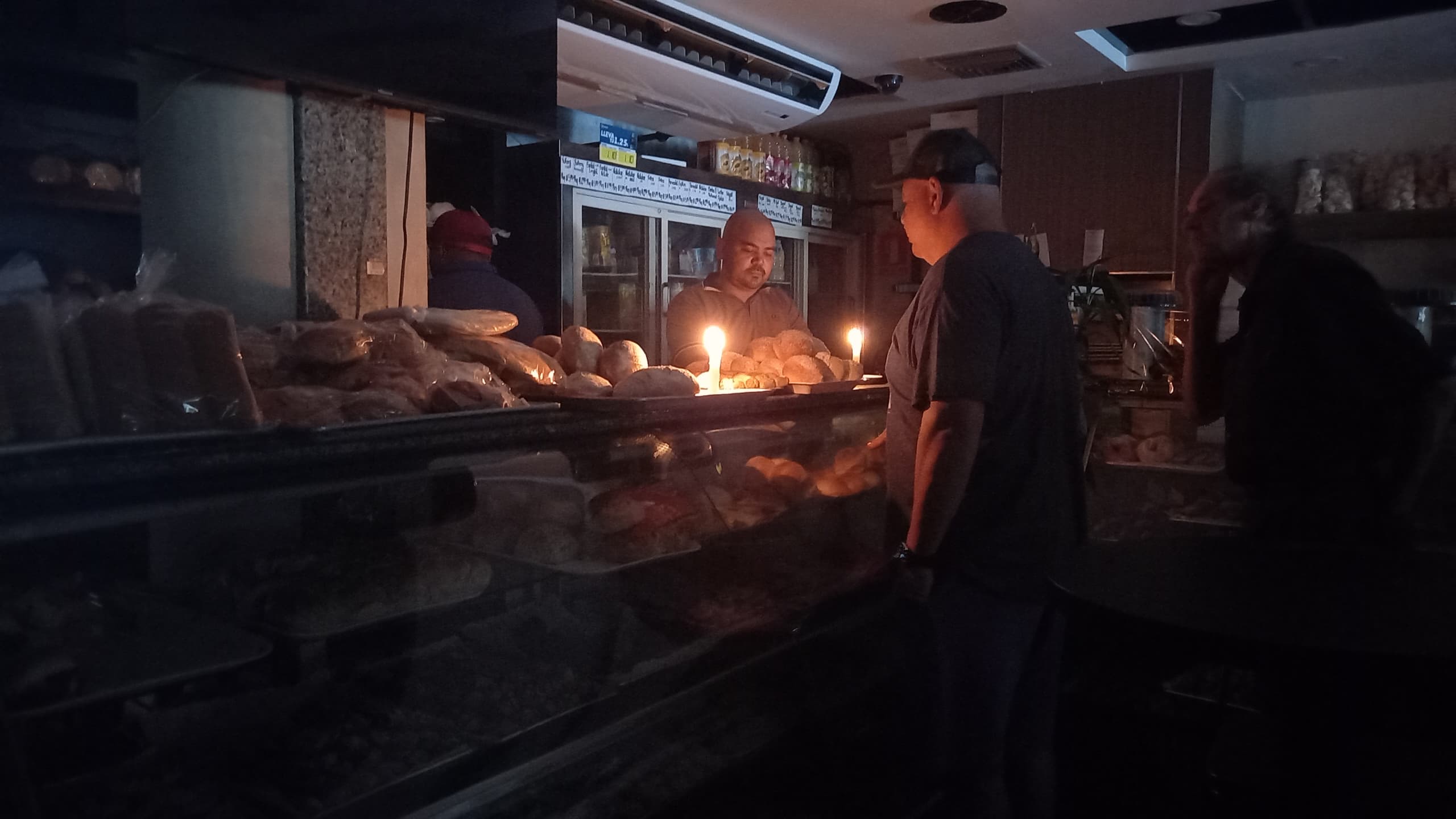Cognitive Decline
The Medium Is The Message?
Well no, not really, that’s not really right. But maybe to give the billboard slogan a tweak: The Limits of the Medium are the Limits of the Message.
People will be naturally prone to focus most of their efforts on the medium through which they interact with the most people. A vast majority of people who interact with my work, for example, do so by reading my pieces, not by viewing my social media posts. My written work is the central focus of my professional life, while my social media posts are essentially an afterthought.
But what if that balance is reversed? It bends a person (or a movement) around the attitudes of social media and away from the kinds of arguments that require the length of a column or essay. Social media creates not a marketplace of ideas so much as a gallery of takes, where you can spend hours doomscrolling through short videos and snappy retorts.
That’s how a movement transfers its allegiance from the ideas of a man like William F. Buckley Jr. to an X influencer like @Catturd2 and his 2.4 million followers. It’s one reason a person like Tucker Carlson devolves from an interesting, idiosyncratic writer and thinker to an online shock jock and outrage merchant.
This transformation has the effect of further radicalizing the right. There’s a
Can you top this?dynamic to posting that pushes people to extremes. In the offline world, paranoia is a liability. It inhibits you from seeing the world clearly. In parts of the online world, you’re considered a rube if you’re not paranoid, if you’re not seeing a leftist plot around every corner, if you’re not believing that Taylor Swift and Travis Kelce’s romance is a Biden administration psy-op that culminated with rigging the Super Bowl.— David French, Why Elon Musk Is The Second Most Important Person in MAGA
New York Times, 3 March 2024.


